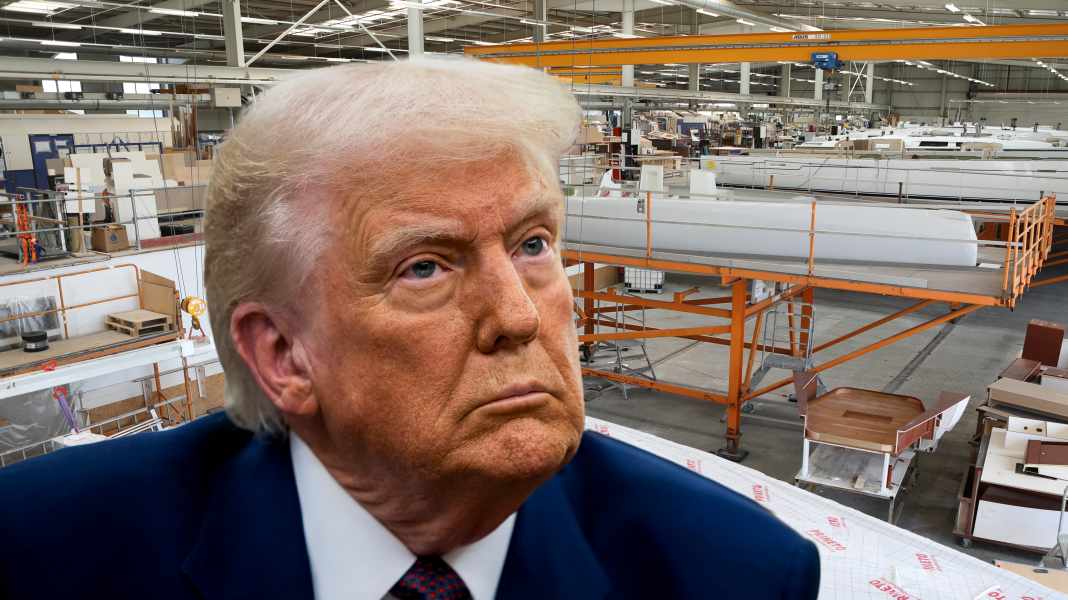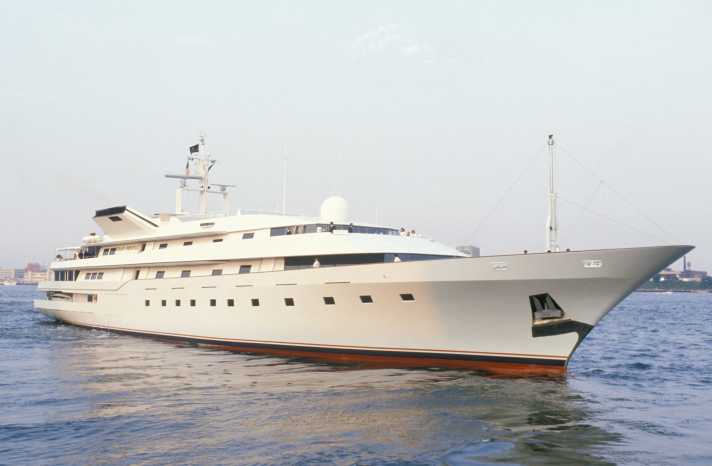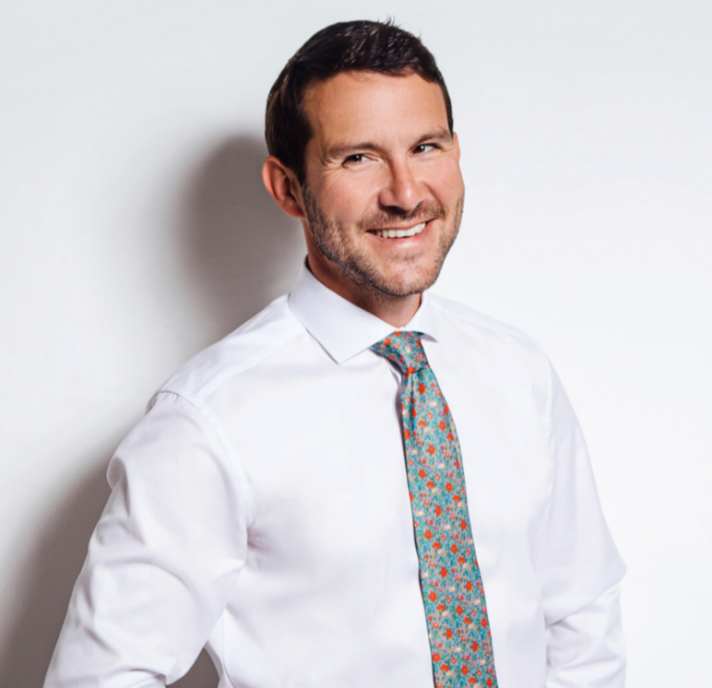Impact of US policy: How dangerous is Donald Trump for the European boating industry?
Benyamin Tanis
· 24.02.2025

Over the past few weeks, I have been asked time and again whether I believe that Donald Trump's second term in office will have any significant impact on yachting and the industry in Europe. There has already been a lot to read about, such as Cuts at the US weather agency NOAAor the use of sailing drones on the US external border. In short, I don't think we as water sports enthusiasts in Europe need to worry about Trump.
Of course, it is difficult to predict what the future will bring, but that was true before Donald Trump and will probably still be true when he has gone the way of all earthly things.
Trump's yachting commitment
Donald Trump's involvement in yachting is characterised by ambitious projects and luxurious investments, which have often been limited due to financial challenges.
Acquisition and use of the "Trump Princess"
In 1988, Trump acquired the 86 metre long yacht "Nabila" from the Sultan of Brunei for 29 million US dollars. After an extensive renovation, which cost around 10 million US dollars, he renamed it the "Trump Princess". The yacht was equipped with luxurious facilities such as a cinema, a discotheque, a helipad and even a private hospital. Despite his limited interest in water sports, Trump regarded the yacht as a work of art and used it mainly for business purposes and prestigious events.

Due to financial difficulties, he sold the yacht in 1991 to the Saudi prince al-Walid ibn Talal for 20 million US dollars, who renamed it "Kingdom 5KR". Some people will remember the ship from the James Bond film "Never Say Never" as the yacht of the villain Largo.
The unfinished "Trump Princess II" project
In 1989, Trump announced the construction of an even larger yacht, the "Trump Princess II", which was to be over 120 metres long. He commissioned the Dutch shipyard Amels to build it and even acquired it to ensure its completion. The design was created by the Spanish company Oliver Design and was to be the largest and most beautiful yacht in the world. However, once again due to financial problems, the project was cancelled and the shipyard was sold shortly afterwards.
Boating accidents at Trump supporter events
During the 2020 presidential election campaign, Trump supporters organised several boat parades in his honour. At one such event on Lake Travis in Texas, there were several incidents in which boats sank. The large number of boats created swells that caused smaller boats to capsize. Reports of sabotage have not been confirmed by the authorities.
Trump's impact on Europe
Some colleagues and probably also some media are of the opinion that US President Donald Trump's latest policy could have a significant impact on the European boating industry, particularly through the introduction of so-called "reciprocal" tariffs. These tariffs would raise US import tariffs to the level of those countries that impose higher tariffs on US products.
Higher customs duties
As the European Union imposes higher tariffs than the US in certain sectors, European exports, including boats and maritime equipment, could be affected by these measures. The EU has already announced that it will respond "immediately" with countermeasures if such tariffs are introduced.
This could lead to a trade conflict that increases prices for boats and related products and affects demand in both the USA and Europe.
China as a competitor
In addition, intensified trade relations between the USA and China could lead to China diverting surplus production capacity, for example in the area of boat manufacturing, to the European market. This would intensify competition for European manufacturers and possibly lead to price pressure.
Uncertain future
Overall, the current US trade policy could lead to increased production costs, price fluctuations and a shift in the competitive landscape in the European boat industry.
Is Trump making good on his threats?
However, we have already experienced one term in office under Trump. During this time, there was only a limited direct impact on the European boating industry:
Trade policy
Trump's tariffs and trade wars mainly affected the US and China, while the boat market in Europe remained largely independent. However, there were some EU tariffs on US boats in retaliation for Trump's trade measures.
Market independence
The European boat industry is heavily focussed on local markets and domestic sales. Major manufacturers such as Beneteau, Bavaria and Azimut-Benetti sell mainly in Europe.
Demand factors
The demand for boats in Europe depends more on local economic factors (e.g. income, tourism, interest rates on loans) than on US policy.
Exchange rates
While the US dollar fluctuated under Trump, this only had a limited impact on the purchasing power of European customers.
Environmental and regulatory issues
Trump's deregulations in the US affected environmental standards and emissions regulations, but had no direct impact on the stricter EU regulations for boats. However, there could be indirect effects, e.g. if uncertainties in global trade slow down the global economy. In principle, however, the European boating industry remained relatively unaffected.
In conclusion, it can be said that the European boat industry is less dependent on Trump than on local factors.
Benjamin Tanis


